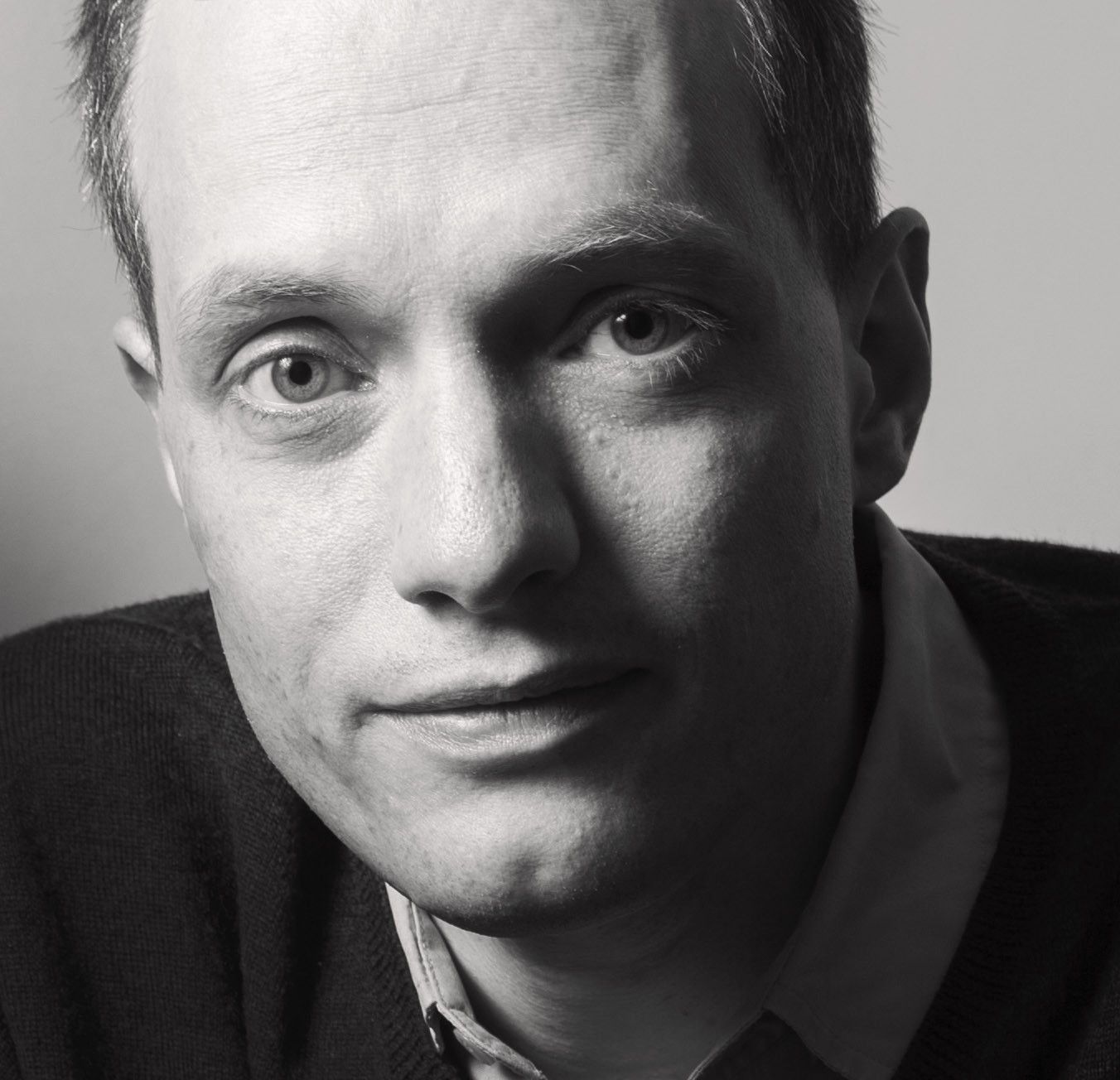Unconventional Wisdom on Envy, Happiness and Love
We can all use a daily dose of Alain de Botton in our lives.

Alain de Botton is a British modern-day philosopher and writer and easily one of the people I’d include in my answer to the question “If you could have dinner with 3 people, dead or alive, who would it be?”
Described as “one of our era’s most uncommonly perceptive, lyrical, and lucid existential contemplatives,” Alain was a best-selling author at the tender age of 23. I can’t remember what I was doing at that age, but it definitely wasn’t writing deeply moving and insightful novels on love and human connection.
Watch any of his videos, and you’ll immediately notice: he’s an old soul, incredibly gentle and wise. He tackles all the big topics of life with refreshing honesty and practicality, always with his trademark warmth and sense of humour.
I could listen to him for hours — and I have.
One of the topics he has got me thinking about is emotional education, or rather the lack thereof:
Our energies are overwhelmingly directed toward material, scientific, and technical subjects and away from psychological and emotional ones. Much anxiety surrounds the question of how good the next generation will be at math; very little around their abilities at marriage or kindness. We devote inordinate hours to learning about tectonic plates and cloud formations, and relatively few fathoming envy and rage.
This is true on an institutional level but also a personal level. Alain says “that we lie by pretending that we are simpler than we actually are and that too much psychology might be nonsense.”
I am definitely guilty of that. It always felt easier and safer to keep things fun and light. Why overthink and unnecessarily complicate things?
Alain opened my eyes to the importance of looking inward. He showed me that philosophy, psychology, self-awareness does not have to be elitist or airy-fairy but can be highly practical and liberating. Here are a few things he got me thinking about.
On Envy
We should not shy away from or be embarrassed by our envious feelings. It is human and perfectly natural. Envy is a big and unavoidable part of life. There is nothing wrong with envy. What matters is how we handle it.
Envy is a dirty word in our modern society. It’s one of those emotions we all experience yet never speak about.
Inspired by Nietzsche, Alain says that repressing our envious feelings makes us lose out on some hugely important lessons. While envy is deeply uncomfortable, it is crucial to understand where it is coming from if we want to live a good life. They’re a call to action that we shouldn’t ignore, for they contain messages sent by the inner deepest parts of our minds about what we should be doing with the rest of our lives. Without regular envious attacks, how would we know who we want to be?
Instead of repressing the feelings, we should study them.
Next time you feel envious feelings come up, try this:
- Don’t judge yourself. Don’t push the feeling away. Instead, be curious.
- Write it down. Analyse your feelings and thoughts. Almost like you’re an outsider, just taking notes. What or who triggered the feelings? What are the words going through your mind? What are the exact sensations in your body?
- Review your notes regularly. What can you learn from this? Can you spot a pattern in the triggers?
- Turn your envy into action steps. Let it motivate you to push yourself and grow. How can you become more like what or who you are envious of? Without action, your envy will fester and turn into bitterness.
For myself, I noticed I was secretly envious of people who are not worried about looking silly. Those who try out new things again and again, without any guarantee that any of them will work, or worrying what people will think. That was the push I needed to start writing online.
On Happiness & Self-awareness
The single greatest enemy of contemporary satisfaction may be the belief in human perfectibility. We have been driven to collective rage through the apparently generous yet, in reality, devastating idea that it might be within our natural remit to be completely and enduringly happy.
We are obsessed with happiness and cheerfulness.
Alain loves to advocate for melancholy: “melancholy is not rage or bitterness; it is a noble species of sadness that arises when we are properly open to the idea that suffering and disappointment are at the heart of the human experience.”
We are all deeply flawed, and we will all encounter sadness and disappointment in life. We’ll feel lost and isolated, stressed and angry, lack empathy and hurt other people. These are not personal flaws but simply part of human existence.
This should not be a depressing thought but rather a liberating idea.
We suffer, all of us, alone, thinking we are massively unique in our sufferings, and something is wrong with us because we’re not ‘happy’ all the time.
We are all broken creatures in some ways.
In this context, Alain also often refers to Stoic philosophy. Stoics understood very well that there’s only a loose connection between external circumstances and our happiness. What you do with the given circumstances matters much more. Stoics recognized that the good life depends on the cultivation of one’s character, choices, and actions rather than on what happens in the uncontrollable world around us.
On Love & Relationships
There are some people that would have never fallen in love if they had never heard there was such a thing.
This is a maxim originally by French philosopher Francois La Rochefoucauld and often jokingly repeated by Alain. He talks a lot about love and the role it plays in our societies.
We live in an era of Romanticism — an intellectual movement that began with European poets, novelists and writers. To this day, we are influenced by the Romantic view that a perfect being exists who can meet all our needs and satisfy our every yearning — and it has been a catastrophe for our ability to have good, long term relationships.
It has made many of us believe in ‘perfect’ relationships:
- For all of us, there is most definitely a soulmate. If we keep looking, we will eventually find them. And when we do, we will no longer feel lonely. We will instinctively know this person is our soulmate because we will feel a special feeling — a crush. Don’t question that special feeling.
- This person will be everything to you — a best friend, a lover, a co-parent, a co-chauffeur, and a business partner.
- Sex is the ultimate and sincere expression of love for another person. Any kind of adultery or interest outside of the relationship is a tragedy, a catastrophe and means that your partner does not love or respect you.
These beliefs put a lot of pressure on people and couples. Alain asserts that love is not the answer to everything, and there is no such thing as being ‘single’. There are connected and disconnected people. Someone can be in a relationship yet be more disconnected than someone who is so-called ‘single’.
Alain says we would be much happier if we reexamined our view of love as people and as a culture. I have always felt uncomfortable with the classic, narrow view on love and relationships and instinctively felt it did not feel right for me. Listening to Alain has helped me understand that romantic love is not the only love worth seeking. There are so many people longing to be in love with somebody, finally meet their soulmate and live happily ever after, when all around there are children, neighbours, friends, and strangers also yearning for someone to connect with. Look around and notice — possibility is everywhere.
I highly recommend reading Alain’s New York Times essay ‘Why You Will Marry the Wrong Person.’
I’m anticipating that you are just as smitten as I am, so here is a great talk from Alain on the topic of Emotional Education👇
